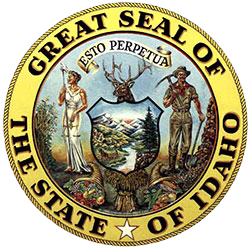
Under Title 19, Chapter 43, Section 194301 of the Idaho Code. The Coroner, as soon as she is informed that a person in her county has died: As a result of violence, whether apparently homicidal, suicidal or accidental, or A) Under Suspicious or unknown circumstances, or B) When not attended by a physician during his/her last illness and the cause of death cannot be certified by a physician, shall go to place of death and take charge of the body. An investigation into the events leading up to the person´s death shall commence in cooperation with the appropriate law enforcement agency. The Coroner may authorize an autopsy to be performed by a licensed physician to aid in accurately and scientifically determining the cause and manner of death. The Coroner shall also prepare a written report of the factual information gathered during the course of such an investigation.

